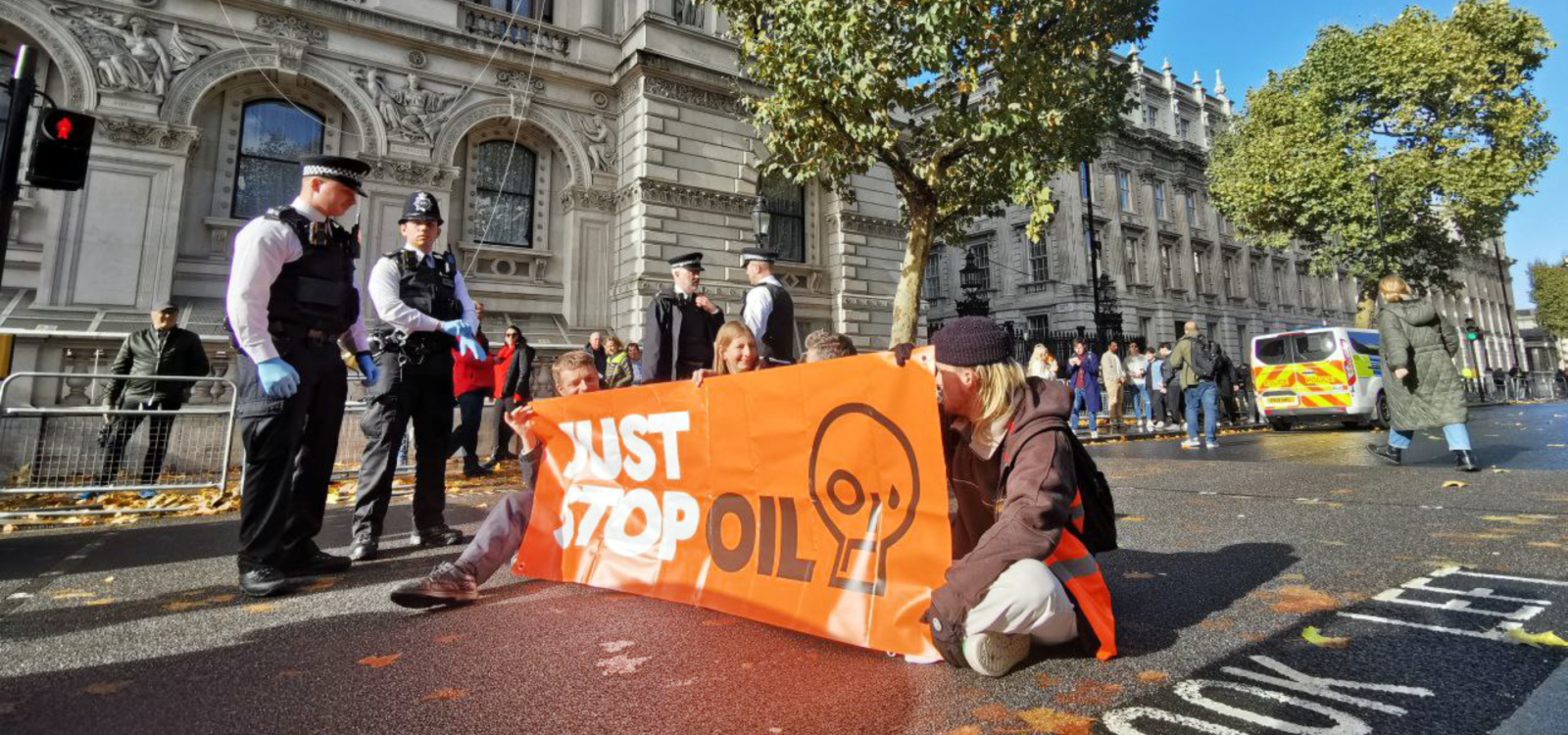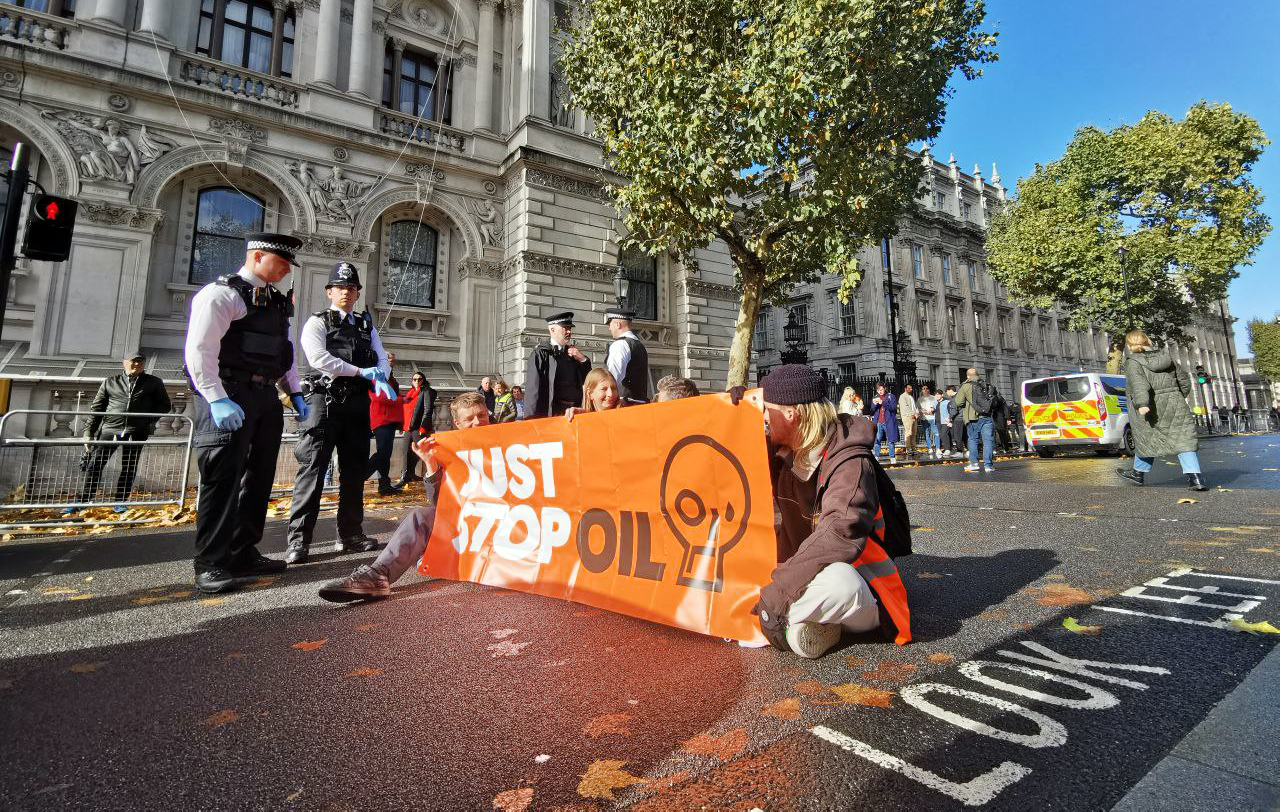
GOOD for Business
GOOD For Business is a weekly roundup of some of the most pertinent global stories from the world of Purpose.
Sign up to receive GOOD For Business as a newsletter straight to your inbox every Friday on the link here.

Can brands learn lessons from direct action groups?
Just Stop Oil, the Extinction Rebellion splinter group, have dominated global headlines recently with their month long programme of direct actions. Judging by the content of most of those headlines (not to mention the comment sections), public mood is not warm towards the protestors. In response to this tense environment multiple articles have posed the question ‘does the actions of the group jeopardise support for the movement?’. It’s a fair question in a world where so much is at stake.
However, research indicates that disagreeing with more militant expressions of action has no real impact on support for a cause (Colin Davis, The Conversation). Firstly, Davis’ research found that while negative framing from the media on direct action might create negative attitudes towards protestors, it does not decrease support for the demands themselves. Secondly, that protest effectively plays a role in seeding ideas. Extinction Rebellion are credited for popularising the term ‘climate crisis’ in mainstream culture. Insulate Britain doubled the use of the word ‘insulation’ in UK print media during their months of action.
The same theories can be applied to brands and charities who choose to take a stand on debated topics. In 2018 when Nike ran their campaign in support of Colin Kaepernick’s stand against police brutality, a boycott was declared and social media was alive with burning piles of trainers. This boycott however, was far overshadowed by the 31% surge in sales over the course of the weekend after the ad launched, and an overall 5% growth in stock value. Early this year, the RNLI’s call out for support in saving migrants crossing the channel caused high profile pushback from right wing commentators, but also led to a 50% increase in donations for the year and a considerable growth in active supporters.
In this increasingly volatile landscape it might feel overwhelming to make big statements in support of potentially controversial causes. But time and again, purpose driven messaging weathers the brief storm of reaction, instead garnering success. We know people want more meaningful action from brands – it’s consistent across research. Sometimes that action requires moments of clear positioning to stand up for causes that you align with – if you’re brave enough, you might just reap the rewards.
Find out more:
>Tomato soup, a famous painting and a viral clip. What makes a protest work?
>Just Stop Oil: Do radical protests turn the public away from a cause? Here’s the evidence


